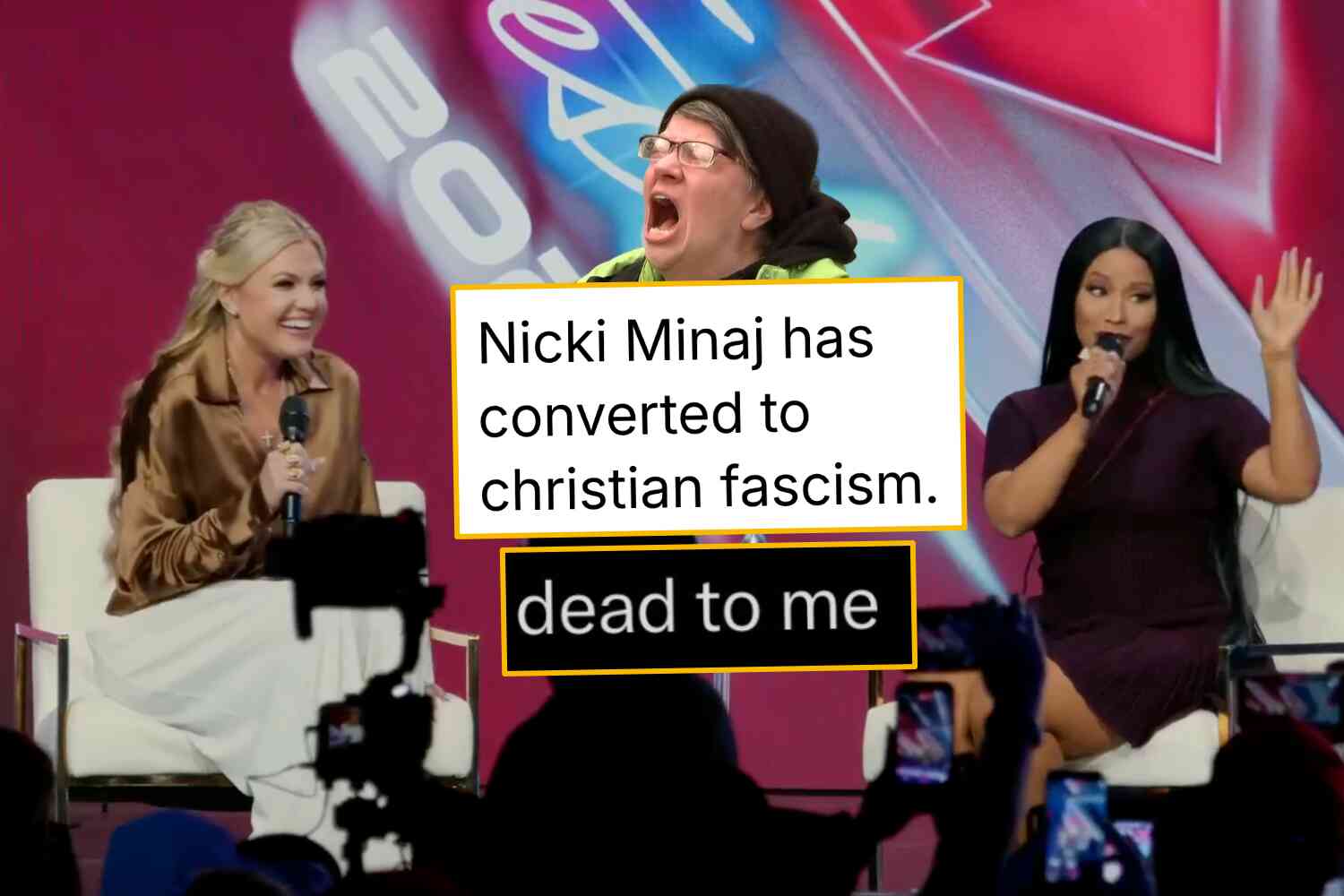Out: Free speech as a bedrock principle of American democracy and the foundation of a functioning republic.
In: Shut up.
You know you're in for some serious journalisming right from the get-go as Time National Correspondent Charlotte Alter employs the tired and juvenile stunt of comparing the far-more noble and virtuous things Elon Musk could be doing with the money he is offering for Twitter.
They say that something is worth what someone will pay for it.
If that's true, then protecting "free speech," which Elon Musk has cited as a central reason he agreed to buy Twitter for $44 billion this week, may be worth twice as much as solving America's homelessness problem, and seven times as much as solving world hunger. It's worth more (to him, at least) than educating every child in nearly 50 countries, more than the GDP of Serbia, Jordan, or Paraguay.
"It's worth more (to him at least) than educating every child in nearly 50 countries."
The snark isn't even subtle.
These kinds of comparisons are non-sequiturs, of course. First, he's not spending $44 billion on a big party. He's merely purchasing a property owned by others. The money doesn't disappear.
Second, she is counting on readers to quickly pat themselves on the back for how very much more virtuous they are than this billionaire without taking the time to check her links.
We always check the links.
The numbers she cites, which are dubious at best, don't "solve" any of those problems. Those numbers are the annual expenditures required to address the problems, annual expenditures that likely never go away, never mind increase over time.
As anyone who has ever run a household knows, buying a house is not the same as buying groceries.
But, okay, let's play the game for a moment.
Does Alter enjoy wine? Well, in this country we spend over $70 billion a year on wine. Based on Alter's math, if we would only all give up wine, we could solve America's homelessness problem, plus world hunger, and still educate every child in nearly 50 countries.
So selfish.
We spend $100 billion on our pets, too, and don't get me started on ice cream.
Have a dog? Eat ice cream?
I guess you hate children as much as Elon Musk does.
It is important to go through this to understand how vapid pieces like this are. They have the depth of a coat of cheap paint and the gravitas of tissue paper, and are intended to do little more than flatter the author and her audience.
The tone of the piece actually starts off right with the headline:
Elon Musk and the Tech Bro Obsession With 'Free Speech'
"Tech Bro" is not meant to be a compliment.
Note also, it's an "obsession." It's not "passion," it's not "dedication." No, it's an "obsession," "a persistent disturbing preoccupation with an often unreasonable idea or feeling."
Finally, she brings out the scare quotes for "free speech," like it's a pernicious fringe belief.
At least the headline is an honest representation of the piece.
"It does seem to be a dominant obsession with the most elite, the most driven Elon Musks of the world," says Fred Turner, professor of communication at Stanford University and author of several books about Silicon Valley culture, who argues that "free speech seems to be much more of an obsession among men."
Ah yes, free speech is an elitist thing now, because the most powerful people in the world need those kinds of protections.
You? Just smoke pot and binge watch Netflix and leave the thinking to your betters.
Then there's the money quote:
But "free speech" in the 21st century means something very different than it did in the 18th, when the Founders enshrined it in the Constitution. The right to say what you want without being imprisoned is not the same as the right to broadcast disinformation to millions of people on a corporate platform.
I can't tell if she's just ignorant, a useful idiot, or worse, knows exactly what she's doing, and is doing it on purpose.
Who gets to decide what is "misinformation" is exactly why free speech exists. It's the exchange of ideas in the marketplace, from the very birth of the republic. Sure, we have mass media, but we've always had mass media. Just because it was printed did not make it any less mass, not in any meaningful way.
When the Federalist Papers were being written, there was a huge debate over what form of government the country was to adopt. Each side could easily have argued that the other side was spreading misinformation regarding the problems, or lack thereof, with the Articles of Confederation.
These arguments were made in the newspapers, the corporate mass media of the day, and were hashed out by citizens exercising their inalienable rights to free speech.
But she leans into her argument explaining,
This nuance seems to be lost on some techno-wizards who see any restriction as the enemy of innovation.
"Nuance" is what stupid people say to make people smarter than them believe they "don't get it." It's not a nuance. It's just a lie, and a provable one for people whose minds have not been hopelessly corrupted by a Harvard education.
"Contrarianism is a big part of this free speech thing.
"This free speech thing."
This belittling of a timeless principle tells you everything you need to know about what she thinks of it. To her, it has all the importance of a recipe or a fashion trend. You know, right up there with this whole, "surf-style thing."
Pro or con? Take our quiz!
If the left says, ‘I can't do XYZ,' that makes a lot of people want to do it more," says Peter Hamby, host of Good Luck America on Snap and writer at Puck News. "Contrarianism, whether it's embodied by Elon Musk or Andrew Yang or Bernie Sanders or Joe Rogan, becomes this ideology in itself."
It's not that Musk, and you, have deeply held beliefs. You're just being "contrarian."
Grow up and do what you're told.
Ready for some racism? Of course you are.
Jason Goldman, who was on the founding team at Twitter and served on the company's board from 2007 to 2010 before joining the Obama Administration, says the tech rhetoric around free speech has become an obsession of the mostly white, male members of the tech elite, who made their billions in the decades before a rapidly diversifying workforce changed the culture at many of the biggest companies in Silicon Valley.
"Shut up," they explained.
They "would rather go back to the way things were," Goldman says, "and are couching that in terms of ‘free speech' or ‘we're not going to allow politics to be part of the conversation.'"
You and your racist couching.
And don't forget the straw man argument.
"To say you're just going to allow for any type of abuse or harassment," he says, "is an inherently anti-speech position."
No one is saying that, unless you mean to expand the definition of "abuse or harassment" to mean "things you don't like," which is exactly what they're doing.
It's not that these "tech titans," and by extension, you, are doing it on purpose. You just don't know any better.
Tech titans often have a different understanding of speech than the rest of the world because most trained as engineers, not as writers or readers, and a lack of a humanities education might make them less attuned to the social and political nuances of speech.
Right. Our biggest problem is that not enough people have gender studies degrees.
Oh, and news flash: Engineers read, too. Elon Musk even put out a list of seven books he believes everyone should read, including three works of fiction such as Tolkien's Lord of the Rings, two on artificial intelligence, plus Benjamin Franklin's An American Life.
Notably absent is Robin DiAngelo's White Fragility.
Stupid engineers.
Focusing on "free speech," as a way to justify relaxing restrictions on the platform, he says, is just "an engineering solution to a political problem."
No. Musk is saying that, "Free speech is essential to a functioning democracy."
He is right, of course. It has always been right.
And that terrifies them.
P.S. Now check out our latest video 👇









